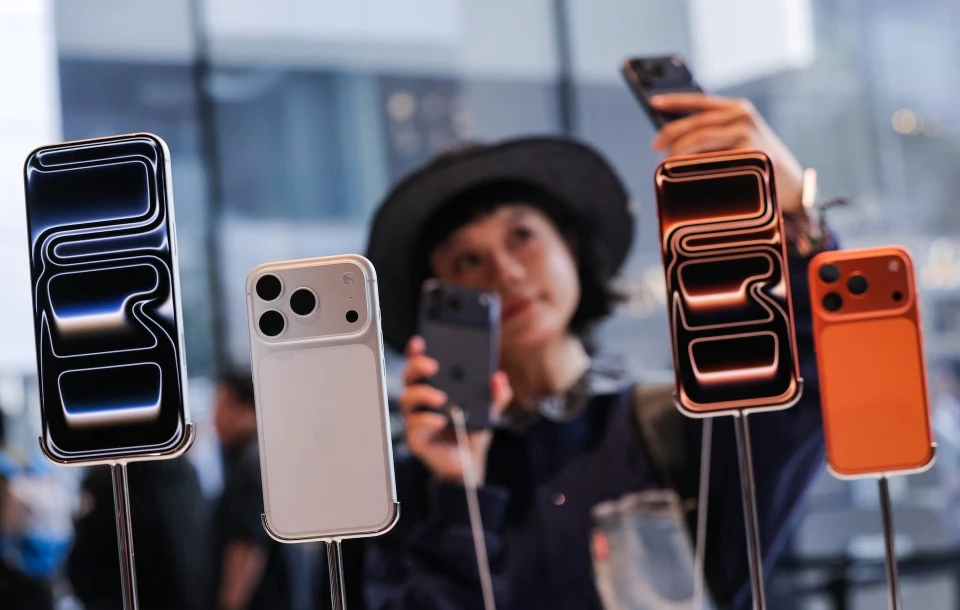iPhone Breaks Records, Samsung Also Benefits

While Apple is in the spotlight with record-breaking iPhone 17 sales, Samsung is quietly turning its rival’s success into its own money-making machine.

Booming iPhone 17 sales in China are good news for Samsung. Photo: Reuters.
The explosive sales of the iPhone 17 in China have brought good news for Samsung.
Last month, Apple unveiled its latest smartphone lineup, including the iPhone 17, iPhone 17 Pro, iPhone 17 Pro Max, and iPhone Air. The first three models feature significant improvements over their predecessors while maintaining the same price tags. Meanwhile, the ultra-thin iPhone Air stands out as one of the most unique smartphones on the market.
As a result, demand for the new iPhones has skyrocketed. According to South Korean news outlet Etoday, the iPhone 17 series has become highly popular in China, achieving impressive preorder figures. iPhone 17 sales during the first week jumped 47% compared to last year’s iPhone 16 sales.
Although strong iPhone sales might seem like bad news for Samsung—since some consumers may abandon Galaxy S and Galaxy Z phones—the report also highlights that Apple’s success indirectly benefits the Korean tech giant.
Both the iPhone 17 and iPhone Air are equipped with 12 GB of LPDDR5X RAM. Apple sources these memory chips from Samsung, SK Hynix, and Micron, with Samsung serving as the primary supplier.
This means that the more iPhones Apple sells, the more memory chips it buys from Samsung, boosting Samsung’s revenue and profit.
Furthermore, as demand increases, prices rise. With Apple requiring a massive volume of memory chips for its iPhones—and other tech giants seeking high-bandwidth memory (HBM) for AI applications—Samsung, SK Hynix, and Micron are all operating at full production capacity.
If supply falls short of demand, memory prices could surge—allowing Samsung to earn even greater profits from iPhone 17 sales.
